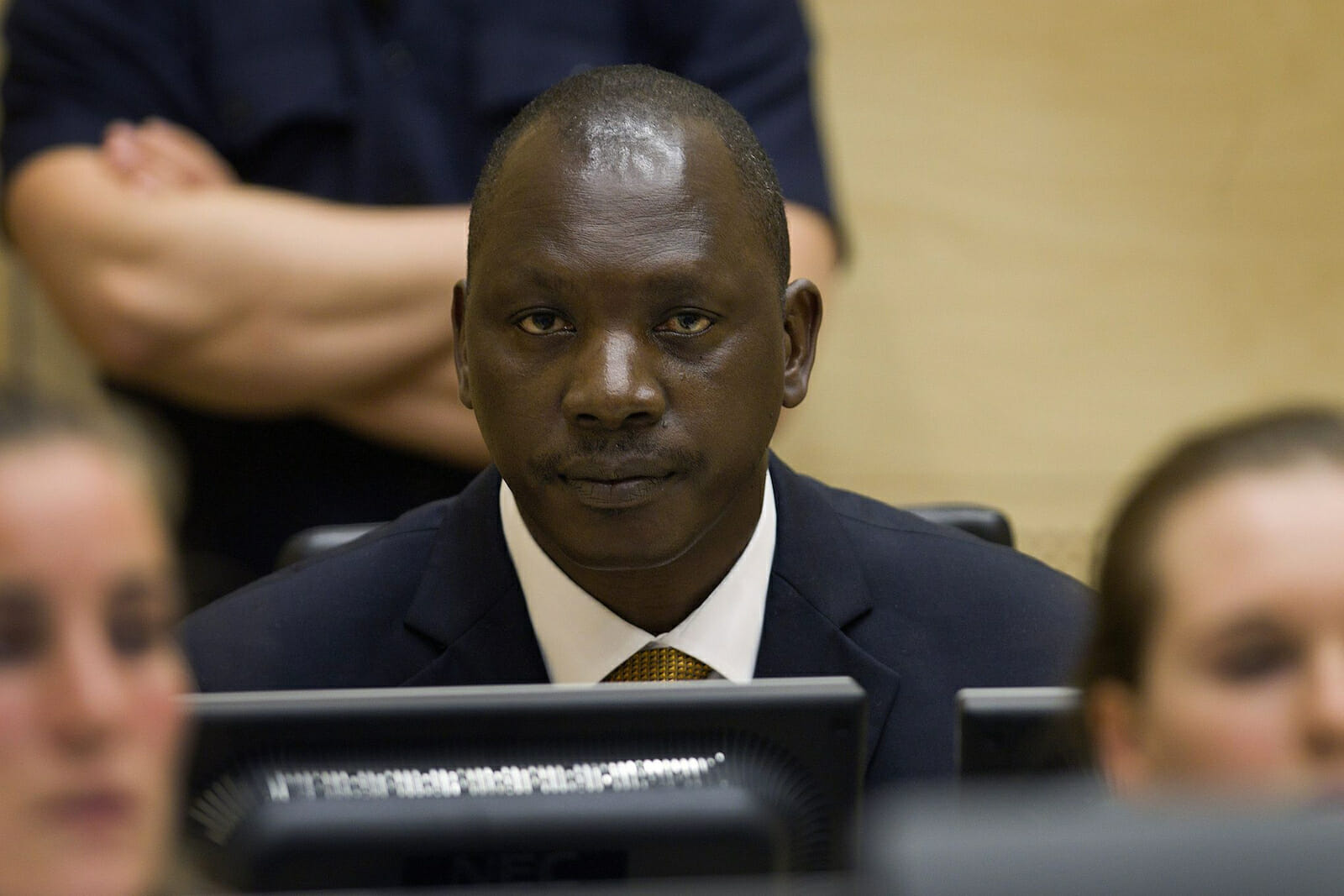
Is the ICC Guilty of Hunting Africans?
This month, the first of what are arguably the two most important trials in the short history of the International Criminal Court (ICC) began. Kenya’s Deputy President, William Ruto, is accused of crimes against humanity (murder, deportation or forcible transfer of population and persecution) allegedly committed in Kenya in the context of the 2007-2008 post-election violence. He is the first high office holder to appear at the Court. In the second trial, scheduled to begin in November this year, Kenya’s newly elected President, Uhuru Kenyatta, will also contest accusations of crimes against humanity (murder, deportation, rape, and persecution), also allegedly committed in the context of post-election violence. As a backdrop to all of this, not only did Kenyan members of parliament vote to approve a motion to leave the ICC, the African Union has called a special summit to discuss a mass withdrawal from the ICC in protest at Ruto trial.
Is the ICC, as accused in May of this year by Ethiopian Prime Minister Hailemariam Desalegn, guilty of “hunting Africans”? And can the Court fulfill its aim of a truly global institution of criminal justice when global powers (the United States, Russia, China) and emerging powers (India, Indonesia) not only refuse to ratify the Rome Statute (the Court’s governing treaty) but appear beyond the reach of the Court’s justice?
Since becoming operational in 2002, the ICC has opened 18 cases in 8 situations (countries); Uganda, Democratic Republic of Congo (DRC), Sudan, Central African Republic (CAR), Mali, Kenya, Libya, and Cote D’Ivoire. These countries are all obviously in Africa, lending weight to accusations of neo-colonialism leveled at the Court.
However, closer inspection of these cases reveals a much less straightforward state of affairs. Of the eight situations, four (Uganda, Mali, DRC, and CAR) are self-referrals; that is, States Party to the Rome Statute have referred crimes committed on their own territory to the Court. Only two situations (Libya and Darfur) have been referred to the Court by the United Nations Security Council, while the situations in Cote D’Ivoire and Kenya were initiated by the Office of the Prosecutor and only progressed after being approved by an ICC pre-trial Chamber. Thus, claims that the ICC is little more than a tool of western imperialism are somewhat disingenuous.
Furthermore, when one considers that the ICC was established to try only ‘those accused of the gravest crimes,’ the Court’s focus on Africa should not be surprising. The on-going conflicts in Uganda, DRC, and CAR, for example, have borne witness to some of the most dreadful forms of violence, including rape as a weapon of war and forced recruitment of child soldiers, all taking place amidst a complete breakdown of institutional law and order. The ICC provides a legal medium for prosecuting alleged war criminals where none otherwise exists. Similarly, by indicting Sudanese President Omar Al Bashir on charges of genocide (and Kenya’s Kenyatta and Ruto), the ICC is aggressively challenging long evolved ideas of impunity and immunity; heads of government are no longer beyond justice.
A more valid criticism of the ICC, however, regards selectivity or ‘fairness.’ The Court should be applauded for pursuing the alleged war criminals it has thus far indicted, but the number of alleged war crimes that it has failed to investigate is damning. These include, but are not limited to, the current conflict in Syria, the civil war in Sri Lanka, the alleged use of white phosphorus against civilians by Israeli in 2008-2009 and alleged war crimes committed by both warring parties during the 2008 Russo-Georgia War. While the restrictions of the Rome Stature limit the Court’s juridical mandate, failure to investigate these wrongdoings undermines its claim to try ‘those accused of the gravest crimes.’
Most problematic, however, is the United States’ ambivalent relationship with the Court. By refusing to sign and ratify the Rome Statute, the Court has no jurisdiction over crimes committed on US territory or by US military personnel. Making arguments that amount to little more than legal exceptionalism, the US continues to resist international pressure to join the Court. Had the US not demonstrated such a historical propensity to use military force, this might be of less concern. However, its continued non-membership undeniably weakens the credibility of the Court. This is even more so when one considers the US’ increasing reliance on the use of UAVs (or drones), weapons that regularly fail to discriminate between combatants and non-combatants.
Further confusing matters is the US’ inconsistent attitude towards the Court. On one hand, the United States was one of the key countries advocating the indictment of al-Bashir. Yet only last week, in comments that received surprisingly little attention, Stephen Rapp, the U.S. ambassador-at-large for war crimes issues, advocated the establishment of a special, ad hoc court to try alleged Syrian war criminals, thereby completely undermining the raison d’être of the ICC.
While universal membership of the Court would be ideal, the fact that this is not the case should not condemn the ICC to obscurity. Nonetheless, Africans can be justifiably aggrieved that US military personnel are not held to account in the same way that African leaders appear to be. But, in response, the words of ICC Chief Prosecutor Fatou Bensouda, are especially apt: ‘The greatest affront to victims of these brutal and unimaginable crimes…women and young girls raped, families brutalised, robbed of everything, entire communities terrorised and shattered…is to see those powerful individuals responsible for their sufferings trying to portray themselves as the victims of a pro-western, anti-African court.’
When one considers how entrenched ideas of impunity and sovereign immunity had become in international politics, the ICC’s ability to challenge and indeed undermine this norm, in a comparatively short time period, is extraordinary. Withdrawing from the Court, as Kenya is proposing, will not level the playing field. Rather, it will further ‘normalise’ impunity in a region where the existence of the ICC has ensured that this no longer need be the case.

